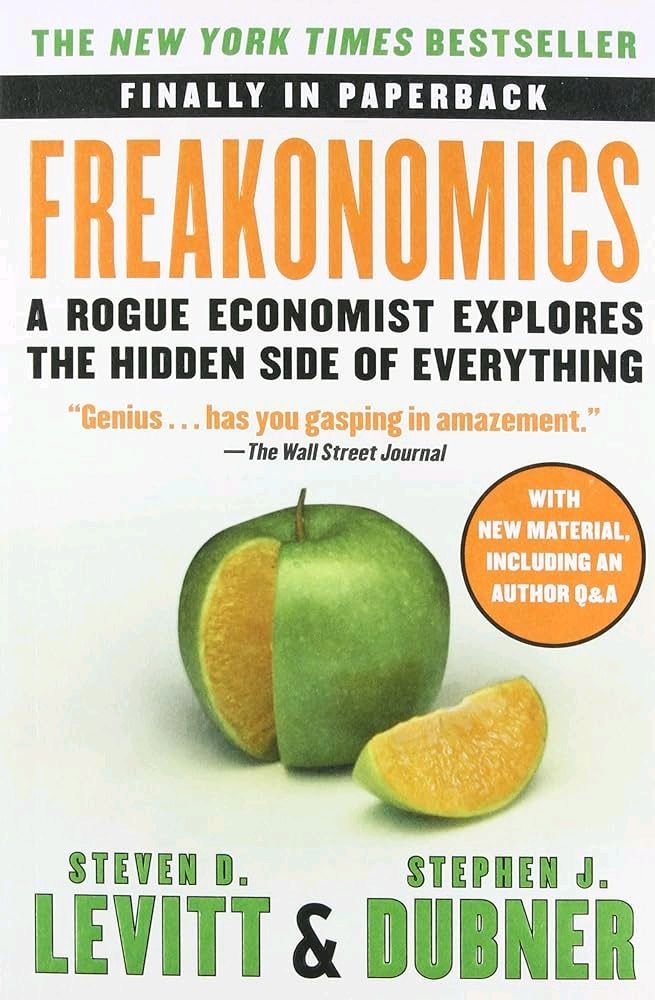Weber's analysis of religious ethics and economic outcomes from "summary" of The Protestant Ethic and the Spirit of Capitalism by Max Weber
In our exploration of the relationship between religious ethics and economic outcomes, we delve into the intricate analysis put forth by Max Weber in ‘The Protestant Ethic and the Spirit of Capitalism.’ Weber dissects the influence of religious beliefs, particularly Protestantism, on the development of capitalist economies in Western societies. Central to Weber's thesis is the idea that certain religious doctrines and values can shape individual behavior, ultimately impacting economic success. Weber argues that the Protestant work ethic, characterized by diligence, frugality, and a sense of duty towards work, played a significant role in fostering the capitalist spirit. According to Weber, the Calvinist doctrine of predestination, which ...Similar Posts

Embracing uncertainty can lead to valuable discoveries
In a world filled with complexity and unpredictability, it is often tempting to seek out certainty and avoid uncertainty at all...
Giving is key to receiving
In order to attract abundance into our lives, we must first understand the fundamental principle that giving is essential to re...
Impact of cultural beliefs on economic structures
Max Weber explores the intricate relationship between cultural beliefs and economic structures in his seminal work. He delves i...
Thoughts of lack block the flow of prosperity
When we entertain thoughts of lack, we are essentially telling the universe that we do not have enough. This creates a blockage...

Utilizing data effectively can provide a competitive edge
In the business world, the use of data has become increasingly important when it comes to gaining a competitive advantage. Comp...
